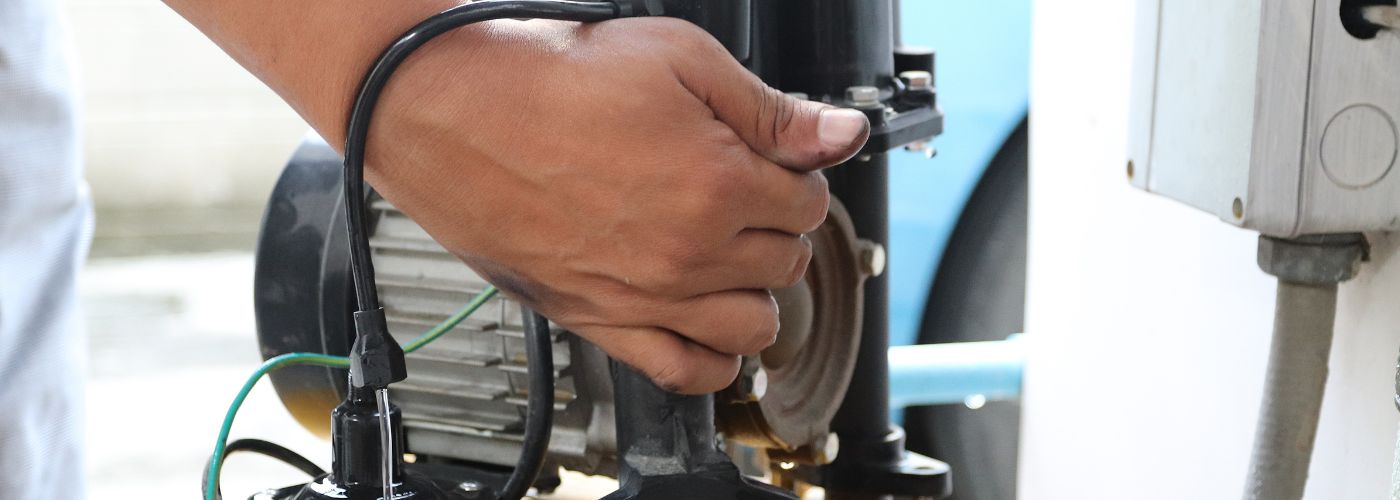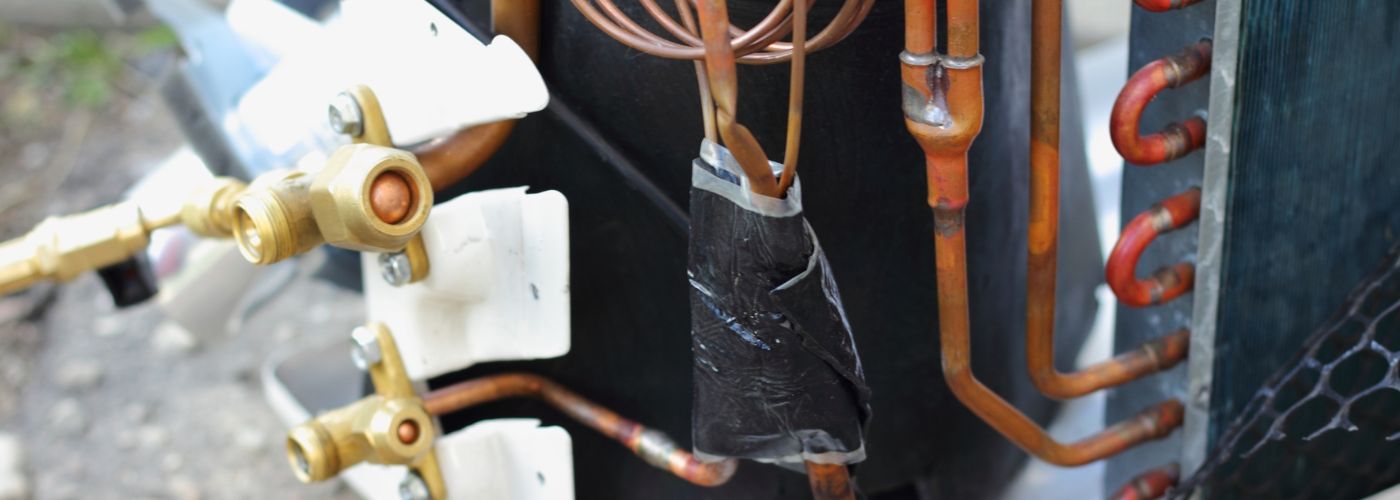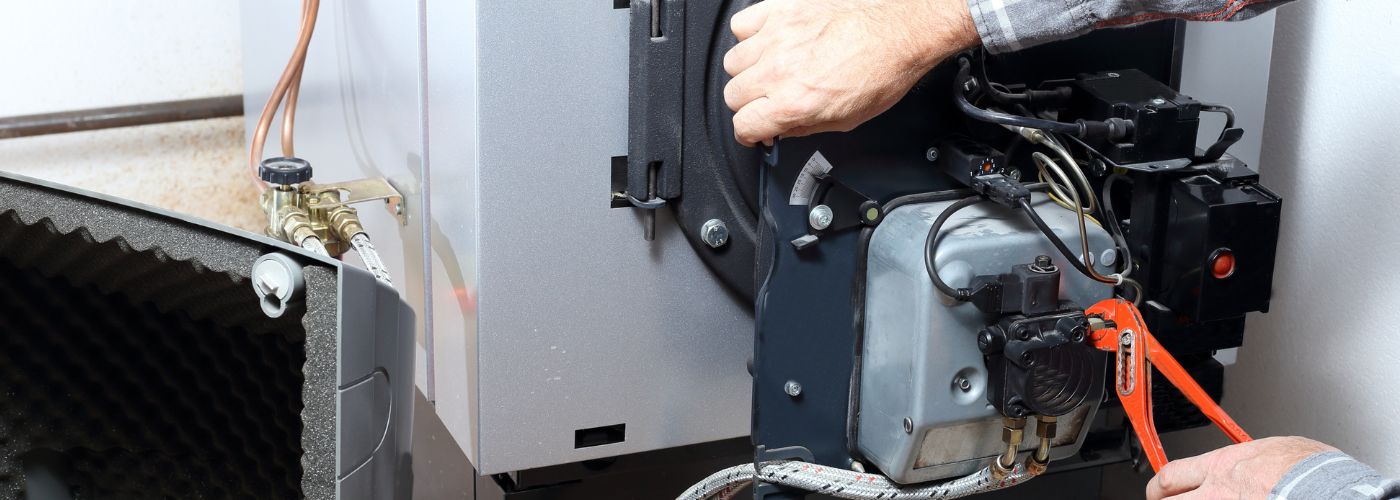As the weather warms up and we rely more on our cooling systems, it’s crucial to ensure that our heat pumps are in optimal condition. Let’s explore four key signs of heat pump damage. From strange noises to inconsistent temperature regulation, being able to recognize these warning signals can save you from potential costly repairs!
Can You Repair Heat Pump Damage?
When it comes to heat pump damage, the question of repairability often sparks concern among homeowners. The good news is that heat pump damage can be repaired! From issues with the compressor or refrigerant leaks to faulty electrical components, a skilled technician can diagnose the problem and implement necessary repairs.
However, it’s important to address any damage promptly to prevent further issues and prolong the lifespan of your heat pump.
One key factor in deciding whether to repair heat pump damage is the extent of the issue and the cost of repairs compared to replacement. While minor repairs may be cost-effective and extend the life of your current system, extensive damage may warrant replacing the entire heat pump for better efficiency and performance.
Consulting with a professional HVAC technician can provide valuable insight into the best course of action for repairing or replacing your damaged heat pump.
Odd Noises Coming From Heat Pump
One of the most common signs of heat pump damage is unusual noises coming from the system. If you hear clanking, grinding, or squealing sounds, it could indicate a serious issue that needs immediate attention. These noises could be caused by worn-out components, loose parts, or an imbalance within the system.

Ignoring these strange sounds can lead to further damage and potentially costly repairs down the line. It’s essential to promptly address any odd noises coming from your heat pump by contacting a professional HVAC technician.
By addressing the issue early on, you can prevent more significant problems and ensure your heat pump continues to operate efficiently.
Inconsistent Heating Temperatures From Heat Pump
One of the most common signs of heat pump damage is inconsistent heating temperatures throughout your home. If you notice certain rooms are significantly warmer or cooler than others, it could indicate a problem with your heat pump.
This inconsistency may be caused by issues such as refrigerant leaks, faulty sensors, or compressor malfunctions. One way to test this is by conducting a simple airflow test in each room of your home.
Place your hand near the vent and feel for any differences in temperature or strength of airflow. If you notice significant variations, it’s recommended to contact a professional HVAC technician to inspect and diagnose the issue with your heat pump.
Ignoring these problems could result in further damage and potentially higher repair costs down the line. If repair costs are too much, then definitely consider a new heat pump installation, as it may be cheaper than repairing an old system.
Heat Pump Causing Cold Spots Throughout The Home
When cold spots start cropping up throughout your home, it could be a sign that your heat pump is experiencing some damage. These cold spots indicate that the heat distribution system within the pump may not be functioning correctly, resulting in uneven heating in different areas of the house. If left unchecked, this issue can lead to discomfort and higher energy bills.

One way to test is by using a thermometer to measure the temperature in various rooms of your home. If you notice stark differences between the readings, it may be a sign that of heat pump damage.
Costly Energy Bills Because of Heat Pumps
One common sign of heat pump damage is a sudden spike in energy bills. This could indicate that the heat pump is working harder than usual to maintain the desired temperature, leading to increased energy consumption and higher costs.
One way to test if your heat pump is consuming a lot of energy is to compare your current energy bills to previous months or years.
If you notice a significant increase in energy usage without any changes in your household habits or weather conditions, it could be a sign that your heat pump is not functioning properly.
Get in touch with a HVAC company for heat pump maintenance if you’re experiencing these signs of heat pump damage.
Frequently Asked Questions (FAQ)
Many types of heat pump damage can be repaired, including issues with compressors, refrigerant leaks, or electrical components. A professional technician can diagnose the problem and let you know whether a repair is cost-effective. If the damage is extensive, the system is old, or repair costs are close to the price of a new unit, replacing the heat pump may be the better long-term option.
Common warning signs include odd noises like clanking, grinding, or squealing, inconsistent heating from room to room, cold spots throughout the home, and unexplained spikes in your energy bills. These symptoms often indicate problems such as worn parts, refrigerant issues, or airflow restrictions and should be checked by an HVAC professional as soon as possible.
You should call a professional if you notice persistent unusual noises, uneven temperatures, cold spots, or higher energy bills without a clear reason. It’s also wise to schedule an inspection if your heat pump struggles to keep up with demand or cycles on and off frequently. Addressing these signs early can prevent further damage, avoid costly breakdowns, and help extend the life of your heat pump.
